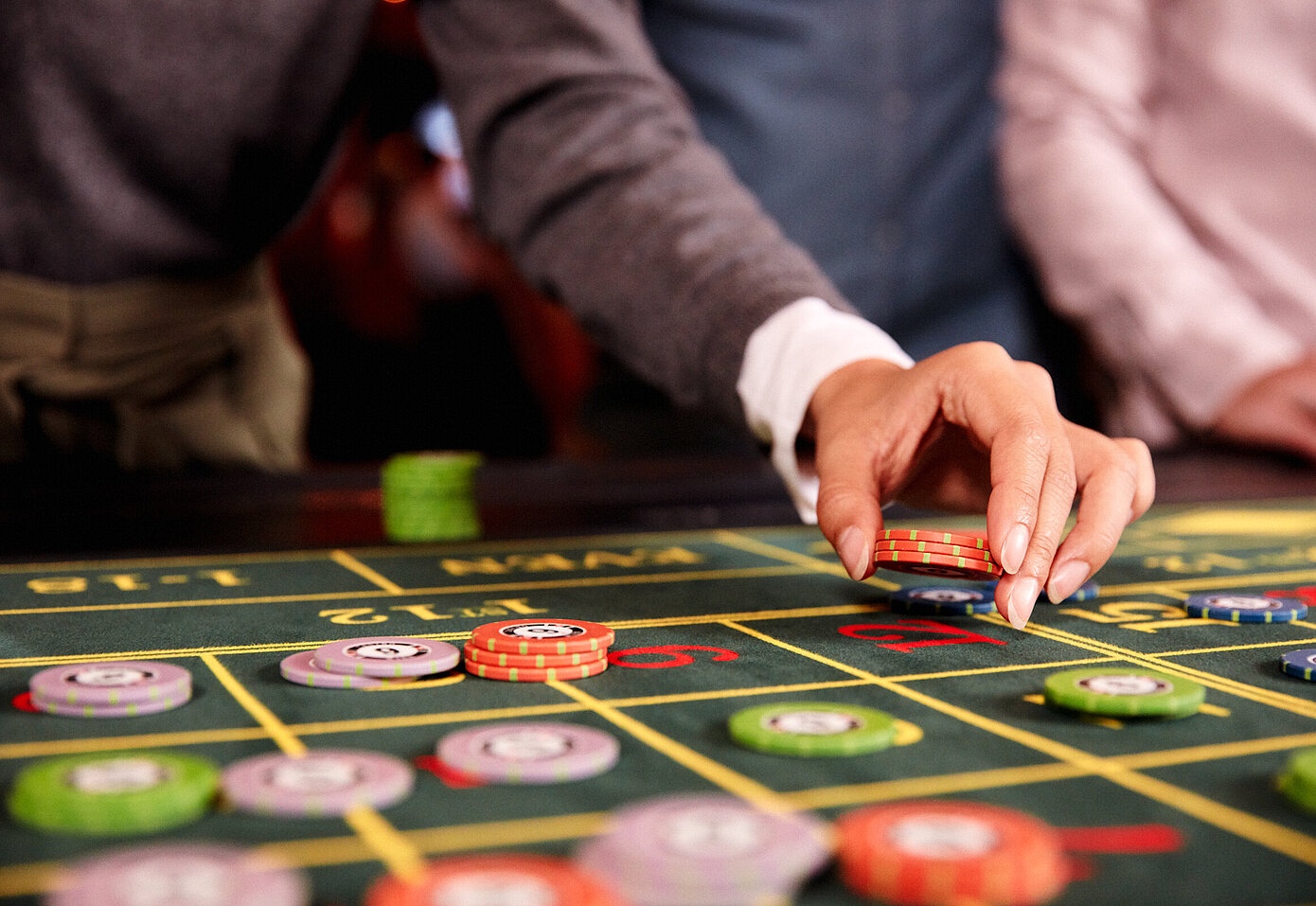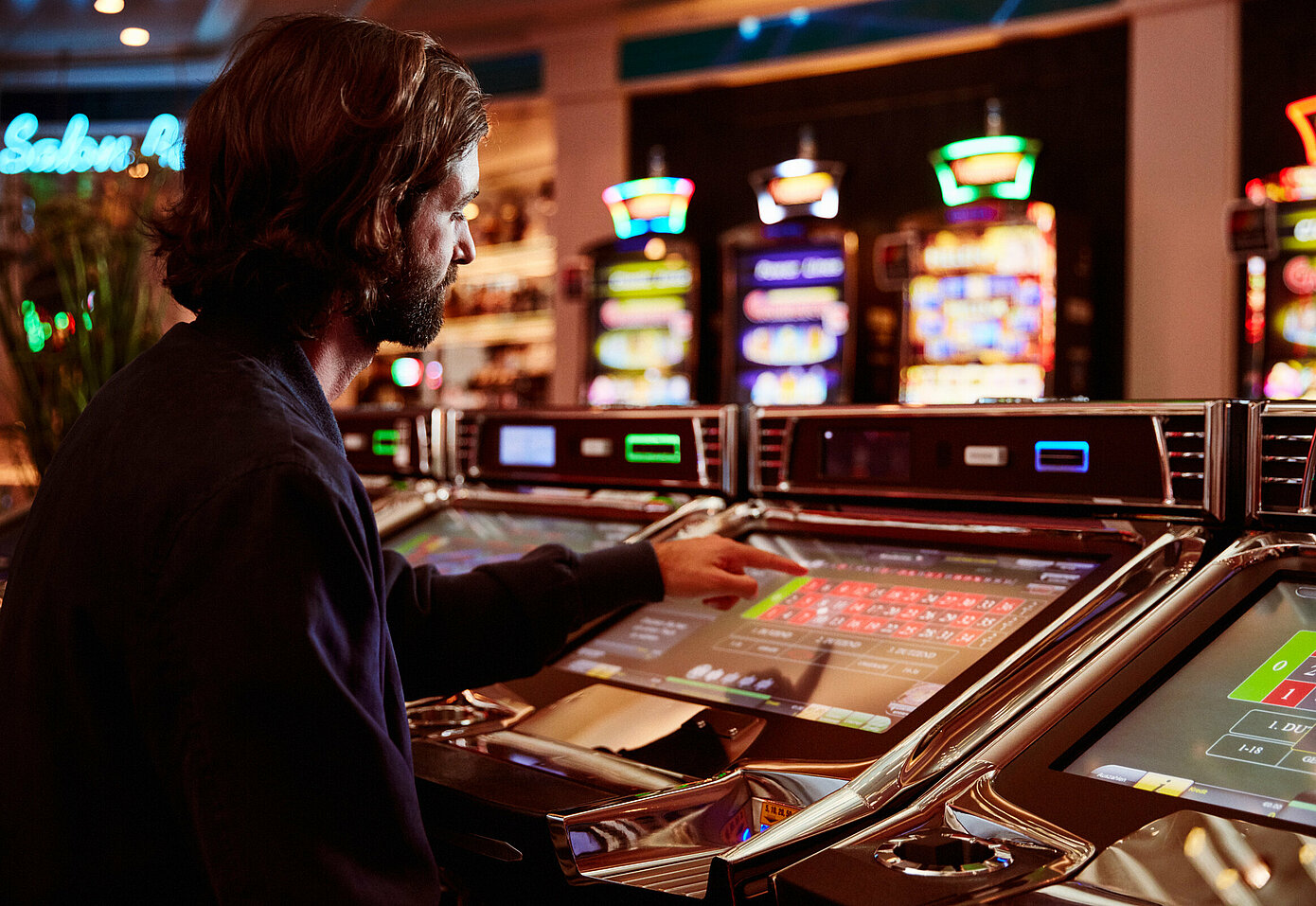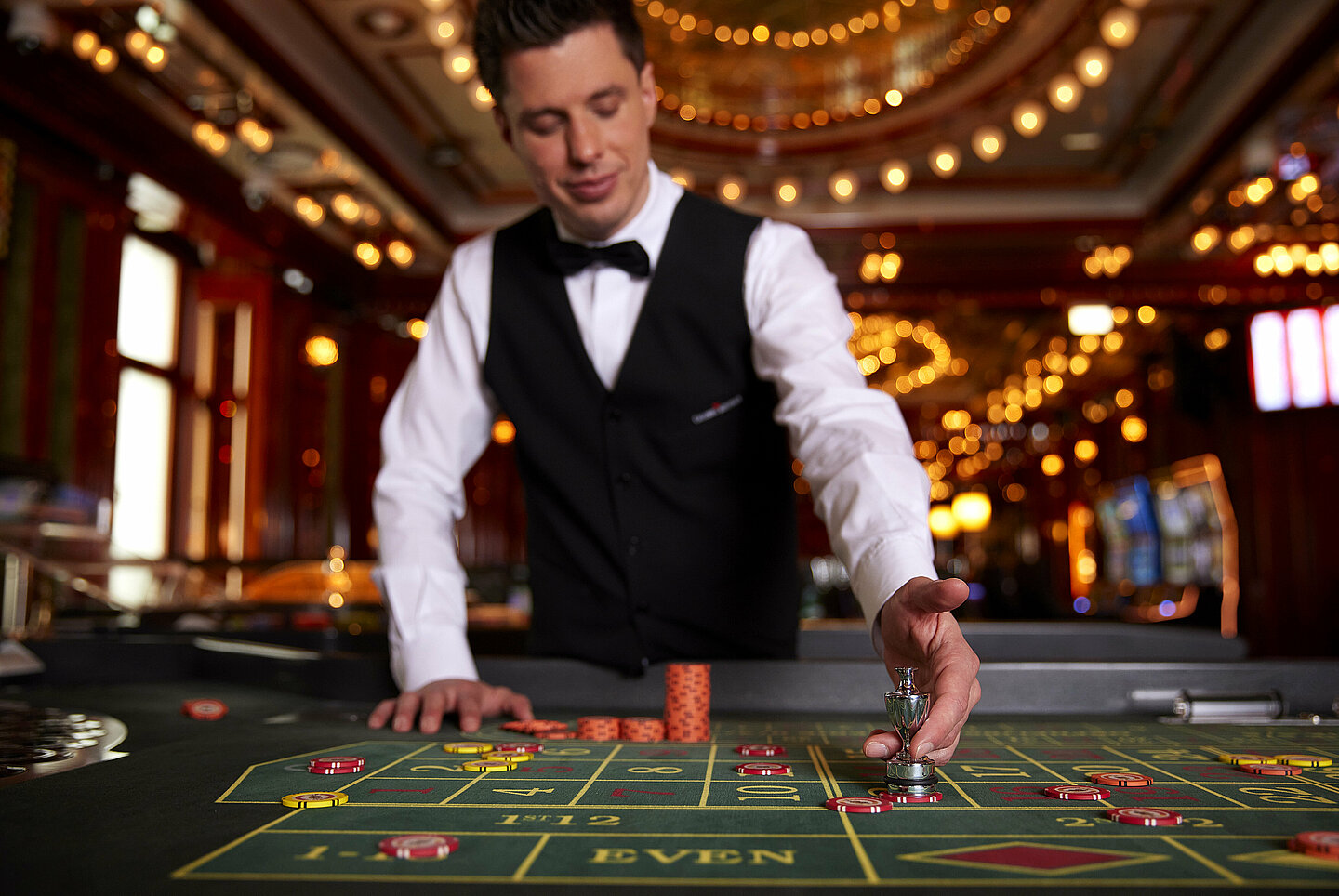The Faszination of Roulette
Roulette is probably the best known and most popular game of chance. Numerous stories, movies and fantasies revolve around this game, which is actually quite simple – after all, it’s just a case of guessing which number the ball will land on.
It’s just as easy as it is exciting to be part of the action when the ball starts rolling.
With the Casinos Austria print at home vouchers you can give yourself and others a very personal casino experience.
Order now in the online shop (available in German):
 Player Protection:
Player Protection: 

